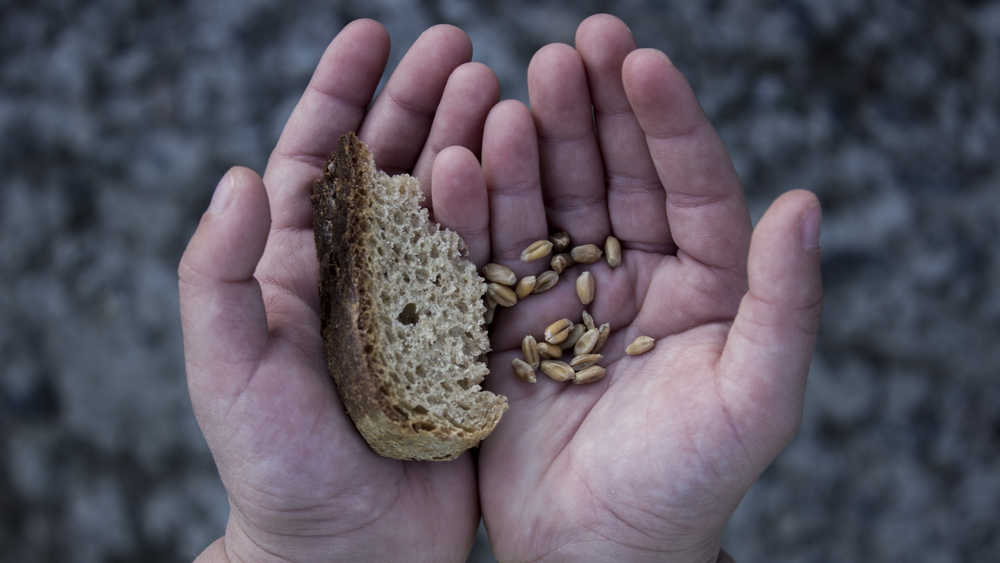Haiti Hunger Crisis: A Nation in Despair Amid Worsening Violence and Political Instability
Acute Hunger Grips Half of Haiti’s Population
Haiti is facing a dire humanitarian crisis as nearly half of its population, around 5.5 million people, suffers from acute hunger. According to the World Food Programme (WFP), the food insecurity situation in the country has reached unprecedented levels, exacerbated by economic challenges, gang violence, and political turmoil. The combination of these factors has left many Haitians struggling to secure even basic meals for themselves and their families.
The Role of Gang Violence in Exacerbating Hunger
Haiti’s escalating gang violence has severely disrupted everyday life, including access to essential goods such as food. Many neighborhoods are effectively controlled by gangs, making transportation of food supplies to markets perilous and leading to inflated prices. Humanitarian organizations have reported that some areas of the country are almost unreachable due to the growing insecurity, further limiting aid distribution to those most in need.
Political Instability Further Complicates Aid Efforts
The political instability that has plagued Haiti in recent years has only worsened the hunger crisis. With no stable government, the implementation of effective policies to combat food insecurity has stalled. Additionally, widespread corruption has led to the mismanagement of resources, leaving millions of Haitians vulnerable. International aid organizations are also finding it difficult to operate in such a volatile environment, where efforts to deliver critical assistance are often hindered by bureaucratic delays and security concerns.
Climate Change and Natural Disasters: Adding Fuel to the Fire
Haiti’s hunger crisis is not only a result of human actions but also environmental factors. The country is highly susceptible to natural disasters, including hurricanes, floods, and droughts, which have destroyed agricultural land and reduced food production. As climate change intensifies, these disasters are becoming more frequent and severe, further diminishing the country’s ability to produce enough food locally. In many rural areas, where farming is the primary source of income, families are being forced to rely on external aid as crops continue to fail.
Calls for International Intervention and Aid
The United Nations and various humanitarian agencies have called for urgent international support to address the escalating hunger crisis in Haiti. The WFP has emphasized that without significant financial and logistical support, millions of Haitians will continue to face life-threatening conditions. Although some aid is trickling in, the scale of the crisis requires a coordinated global response, as well as long-term solutions to address the root causes of hunger in the nation.
A Bleak Future Without Immediate Action
Without immediate intervention, experts warn that the situation in Haiti could deteriorate further. With political instability showing no signs of easing, gang violence continuing to rise, and climate-related disasters on the horizon, the nation’s food crisis could evolve into a full-blown famine. Humanitarian organizations are urging world leaders to focus on sustainable, long-term strategies to stabilize the country and provide essential resources to its struggling population.
In summary, Haiti’s hunger crisis is a complex issue fueled by a combination of social, political, and environmental factors. Only through concerted global efforts and internal reform can the nation hope to overcome its current challenges and secure a future where its people no longer have to live in hunger.




































